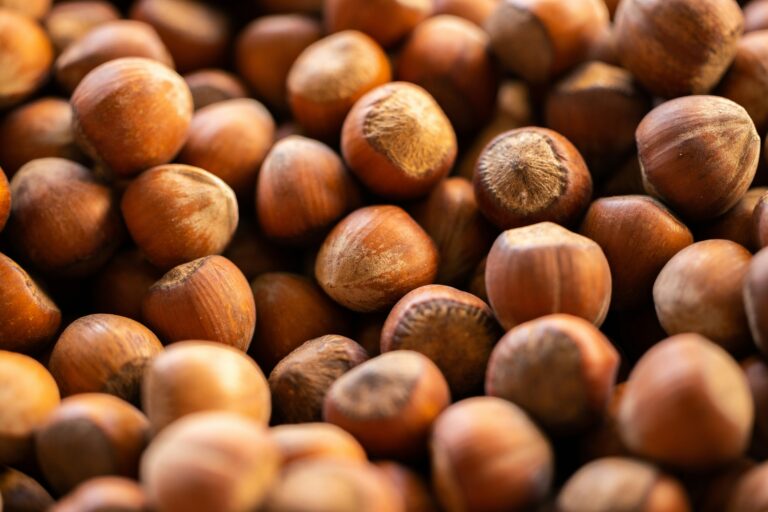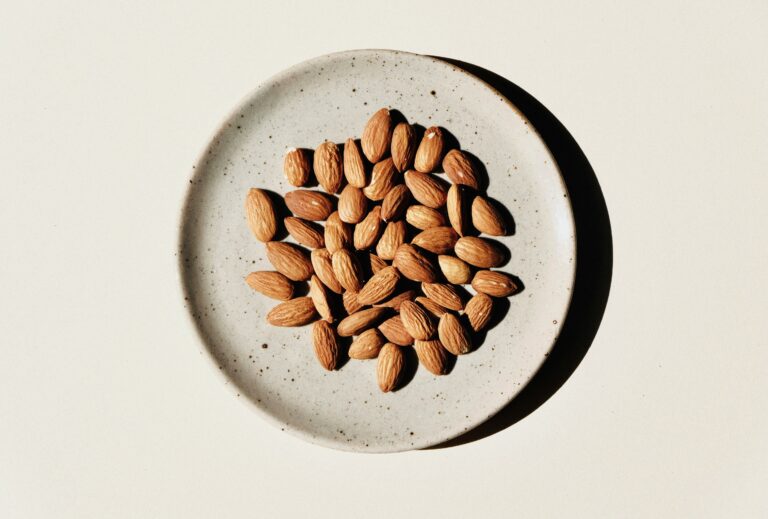The scientific name of turnip is brassica Rapa (subs. APA) and belongs to the Brassicaceae family. Turnip is also known as a White turnip. Turnip is a root vegetable commonly grown in temperate climates worldwide just because of its white and fleshy tap root.
- Edible turnips were possibly first cultivated in Northern Europe and were an important food in the Hellenistic and Roman world.
- More popular in Europe and Asiana is the global leader in the production of turnips and carrots. Two most important horticultural crops in the world.
Size: Medium-sized2-3 inches in diameter
Color: Creamy white lovely purple cover
Flavor: Mild spicy when raw, turnips turn sweet, nutty, and earthy when cooked. These will give a bitter and unpleasant taste if consumed raw.
Shape: Cylindrical, carrot or top-s, shaped, with a flat top and a root that tapers to a point.
Varieties of a Turnip
Top purple turnip
The top purple turnip is one the most common variety of turnips, its upper part is bright purple and the lower part beneath the ground is white, its peppery taste will make accent the dish.
Top star turnip
Top star turnip is specially grown for their leaves to turn into turnip greens. The top star turnip is smaller in size than the top purple turnip.
Scarlet Queen turnip
Scarlet Queen turnip is a pretty root vegetable, which has magenta-colored skin. Because of its sweet taste, this turnip is also used in salad and cooking.
Baby turnip
Baby turnips are a small variety of turnips, which are only 1 or 2 inches in size. It is a special variety they have a peppery taste, earthy and crunchy. Baby turnips can eat raw in salads like radishes, carrots, and other vegetables.
Nutrients
According to the department of agriculture in the United States, one cup of raw turnip contains the following nutrients.
- Calorie: 36.4
- Fat: 0.13g
- Protein: 1.17g
- Carbohydrates: 8.36g
- Iron: 0.39mg
- Fiber: 2.24g
- Calcium: 39mg
- Magnesium: 14.3 mg
- Vitamin K and C
- Phosphorous: 35mg
Hence proven, turnips provide a lot of health benefits due to the significant amount of nutrients.
| How to grow Turnip? |
Healthy benefits of Turnip
According to many researchers and health professional turnip provide a wide range of health benefit, because of the rich amount of vitamin and minerals. Let’s learn more about the healthy benefits of turnip.
Reduced constipation
High-fiber food is associated with a lower risk of intestinal problems. A high amount of fiber in a turnip or any other high-fiber food may help to reduce constipation.
Lowering the blood pressure
Turnips contain dietary nitrates and may provide benefits for blood vessel health. The high amount of nutrients in turnip may help to lower the blood pressure level. Further study shows that potassium in turnips may also help to lower blood pressure.
Reduced the risk of cancer
A high intake of cruciferous vegetables in your diet may help to lower the risk of cancer, cruciferous vegetable contains a high amount of sulforaphane, which also play role in cancer treatment.
Aids in weight loss
Turnip contains a high amount of fiber and is low in calories, which helps to make people feel fuller for longer.
Beneficial for eyes health
Turnip is also beneficial for eye health, due to the high amount of antioxidant lutein. Keep your eyes healthy. Turnips also help to eliminate problems like macular degeneration and cataract.
Beneficial for bone health
As turnips contain a significant amount of calcium, which helps to build strong bones and prevent bone weakness disease called osteoporosis.
Improved Immune function
Turnip is also beneficial for the immunity system, a high amount of vitamin C may help to boost your immune function. According to further studies, a rich amount of vitamin C in your diet can help reduce and shorten the duration of common cold infection.
Side effects of Turnip
There are the following side effects of eating too many turnips in your diet.
- A high intake of vitamin K for a long time may increase the risk of hemorrhagic stroke and prostate cancer.
- Some people are allergic reactions to turnips, avoid turnips if you are allergic to turnips such as a runny nose, sore eyes, watery eyes, cough, asthma, lip swelling, and redness around the lips.
- Glucosinolates and isothiocyanates may have a goitrogenic activity. They may interact with thyroid hormones. Individuals with thyroid issues may need to consult their doctor before consuming the turnips
FAQ
Are the turnip leaves bitter?
Yes, Larger leaves of turnips are more bitter than smaller leave. But, the bitter taste of larger leaves can be replaced with fresh water by boiling them.
What is the origin of a turnip?
Turnip is native to northern Europe, although it has been stated that, the turnip originated in middle and eastern Asia, and reached japan by 700AD. Now, turnips are grown throughout the temperate zone.
Are turnips and radishes the same?
No, they are two different species and have different tastes. Turnips are usually served cooked while reddish is often enjoyed raw. Both belong to the same family Brassicaceae (mustard).
What are turnips good for?
According to many researchers and health professionals, turnip provides a wide range of health benefits because of the rich amount of vitamins and minerals. Some of the benefits are lowering blood pressure, providing protection against harmful bacteria, and providing anticancer and anti-inflammatory effects.






